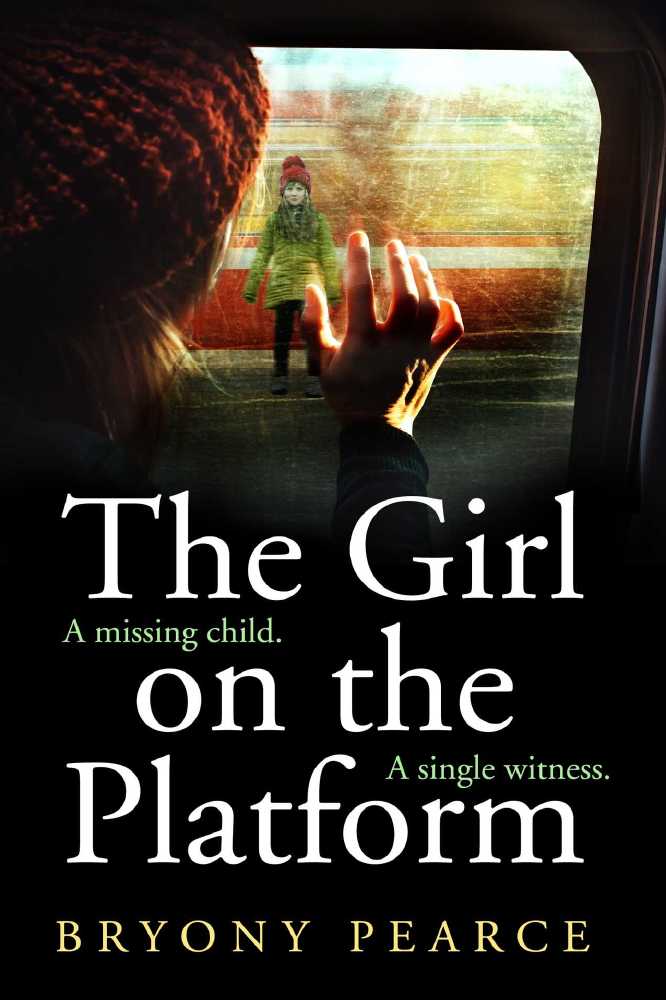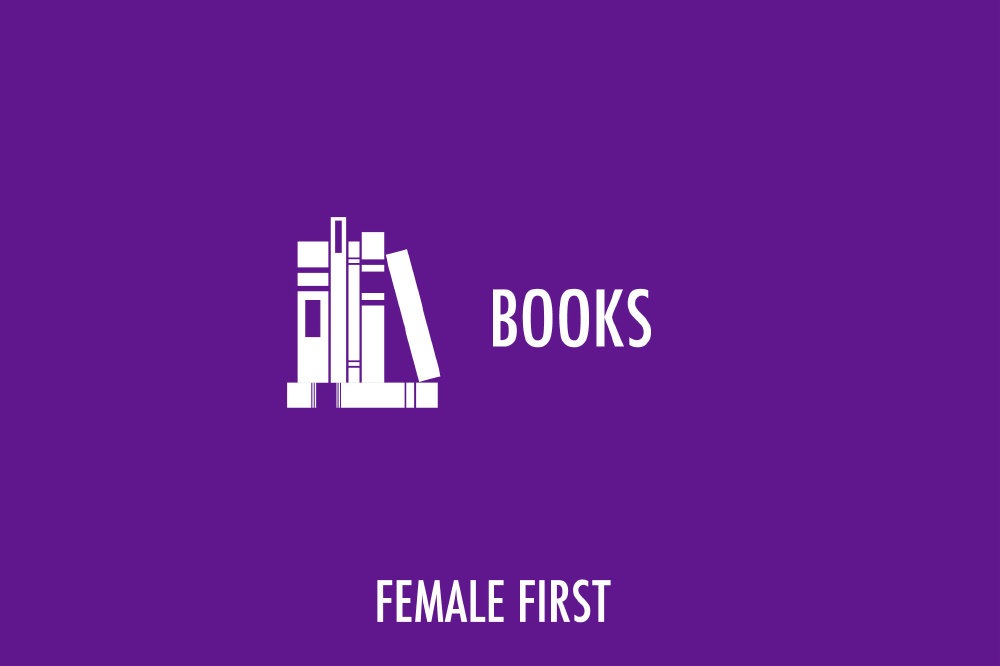I grew up in a Forces family, which meant I’d been to eight schools by the time I was twelve. Forces kids tend to go one of two ways: either we end up very social, or … we don’t. By eleven, I was spending every break in the library. Why bother making friends if you, or they, are only going to move in a few months?

Bryony Pearce
Always being the new kid in the local school was not the only thing that made me stand out. I heard it all: swot, nerd, teacher’s pet. Eventually, I went to Cambridge (the first from my family to enter higher education) to study English literature, where I found myself a state school student in a private school world. I couldn’t speak Latin and I’d believed Lacrosse was a game that Enid Blyton invented for Malory Towers. In my first week, I was ordered not to speak in supervisions until I knew how to pronounce all those words I’d only ever seen written down.
Don’t get me wrong, I made friends. I met my husband, but it took great will to leave the college library.
Even in my own family, I am the only one with dark hair and brown eyes; the only one who loves history and literature; the only one who makes up stories.
Those I am drawn to tend to be outsiders too. People who have moved from elsewhere, or who think or believe differently from the norm.
Decades of being the outsider have also made me observant. I always feel more comfortable on the edges, watching and listening.
Although I will likely always feel the outsider, I do have company. All the books I have read contained friends who never left, and the characters I have created for my own novels are both a part of me and made up of bits of me, as well as having vivid lives of their own.
Unsurprisingly my main characters tend to be outsiders too: girls who have nightmares, or see dead people, boys who flout the rules, or see the world differently, women with post-natal depression, or who have dealt with tragedy and loss, who are excluded or exclude themselves from the community in which the story is set.
This works well because the role of the outsider is important in story. An outsider is often the most vulnerable: a person who lacks support and therefore power. However, the outsider also brings a fresh perspective. New ideas. Another angle on a situation. Their experience highlights the nature of the community and demonstrates the dangers of discrimination, isolation, racism and the inescapability of one’s fears.
My new novel, Little Rumours, is populated by outsiders, whose differences are all the more obvious given the close-knit nature of the community that has rejected them. Aleema’s beliefs make her the outsider, Kelly’s fears make her stand apart, and Naomi’s grief makes her different.
Rumours swirl around them and when a tragedy breaks down the community, the three outsiders are those who must reshape it.
As for me, I will keep observing, bringing my fresh perspective to the world, excising pieces of myself to add to my characters, and writing the stories they need to live.

MORE: 10 things I’d like my readers to know about me by Bryony Pearce, author of The Girl on the Platform



